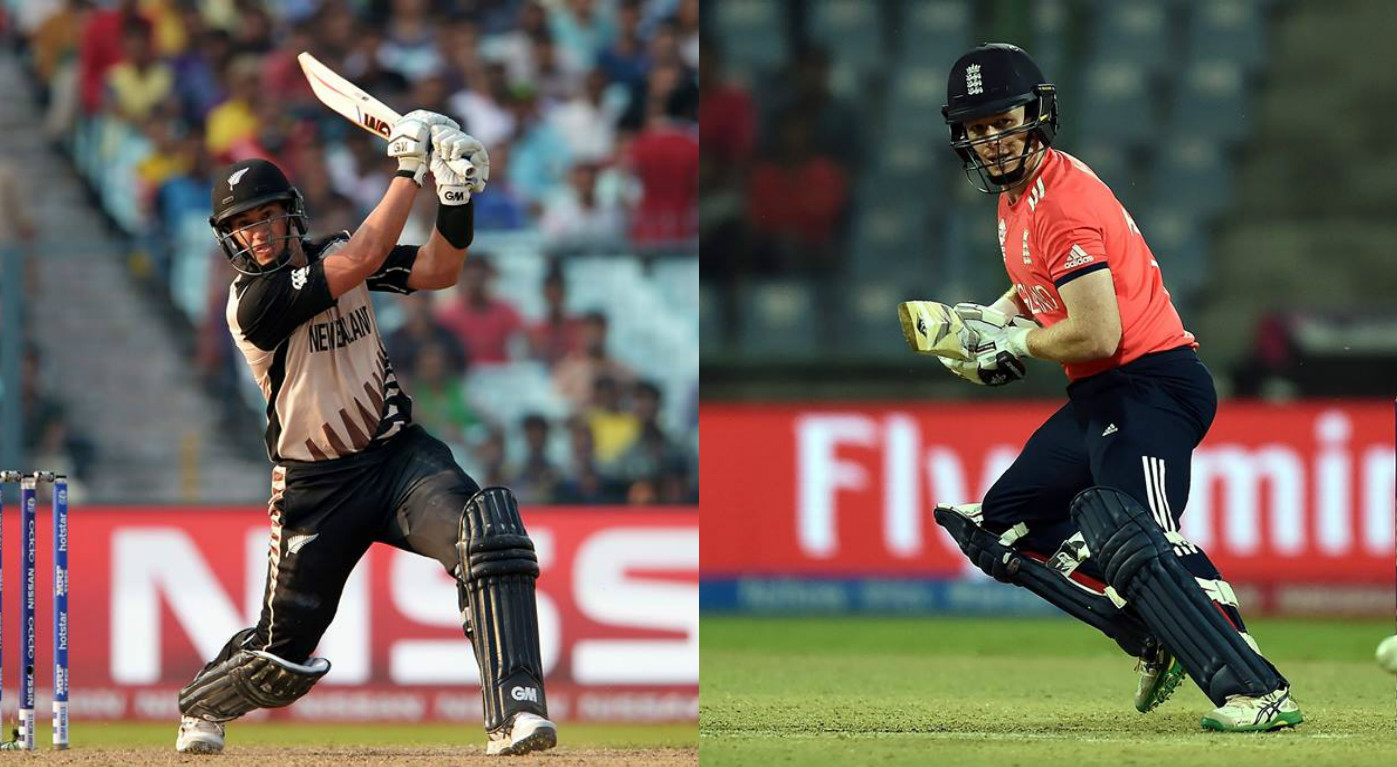World T20 - Semi-Final 1 Preview : England's batting fire-power against New Zealand's spin overdose

Over the years, New Zealand
New Zealand has been the perennial carrier of the 'underdog' tag, and on a good
It was not so different for them this time around. The retirement of Brendon McCullum ahead of the tournament took away the spotlight from them once again. It was difficult to predict how they would perform in the subcontinent, having not played in Asia since 2014. Yet, here they are in the semi-final as the only unbeaten
Kane Williamson, guided by Mike Hesson, has shown maturity beyond his years. While experienced captains have struggled to read the conditions, the 25-year-old has not been shy to make drastic changes to his team based on the pitch they are playing on.
He has left out Trent Boult and Tim Southee so far, and the duo

The only test they have avoided so far is to chase down a target. In all of their four group matches, the Blacks Caps have batted first and if England set them a target in the semis, it will be interesting to see how this New Zealand batting order reacts. There has been no stand-out performer in their batting order so far - Martin Guptill played a brilliant knock against Pakistan, Williamson and Colin Munro took them to a defendable total against Bangladesh, Corey Anderson and Luke Ronchi helped them reach 126 against
Their opponent, England, has shown a similar trait as well. While Joe Root has been their highest scorer with 168 runs – second-highest after Virat Kohli in the main stage of the tournament - everyone from Jason Roy to Jos Buttler has contributed. If anything, they have more firepower in their batting line-up than New Zealand.
They chased down a mammoth target of 230 runs against South Africa with Root playing a dazzling innings of 83. Their deep batting line-up enables the top-order to take risks in the powerplay overs, and except the match against Sri Lanka, they have been off to flyers. Against Sri
England's bowling seems to be their weak link at this point. Chris Gayle took them apart in Mumbai, South Africa posted 229 at the same Wankhede again, Shafiqullah and Afghanistan gave them a scare in

Unlike Williamson, Eoin Morgan has not tinkered too much with his team so far. He played an unchanged team against South Africa, despite losing the first game to West Indies. In Delhi, he made two changes – and one of them was forced as James Vince replaced Alex Hales, who was out with a stiff back.
An advantage that Morgan does have over his counterpart is the fact that his team has already played two matches at the Feroz Shah Kotla Stadium, and are already accustomed to the pitch, having won both of their games here.
The Kotla pitch will remain on the slower side, despite the presence of a bit of grass. It is unlikely to be a high-scoring game, and New Zealand
New Zealand will go into this match as the favourites on paper, but not by

Comments
Sign up or log in to your account to leave comments and reactions
0 Comments